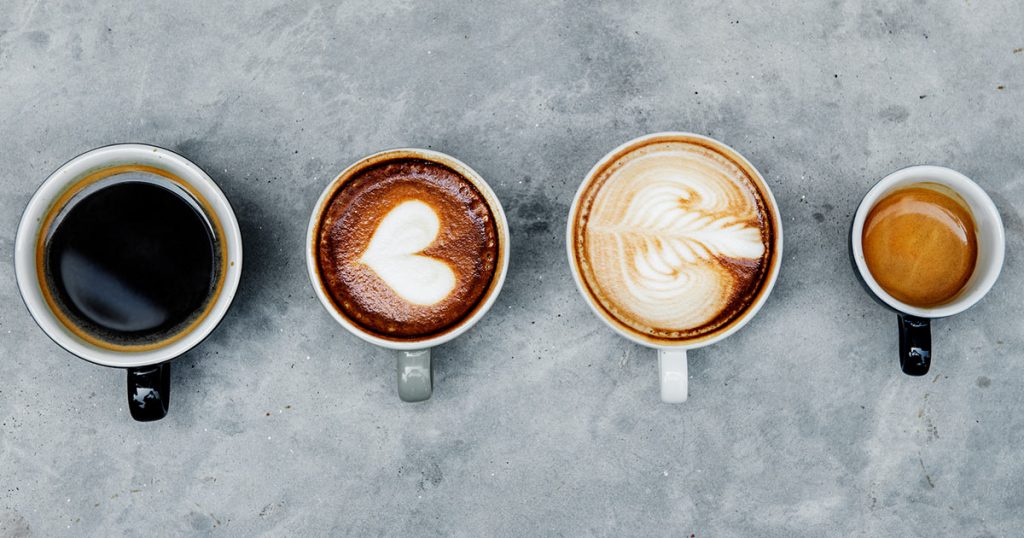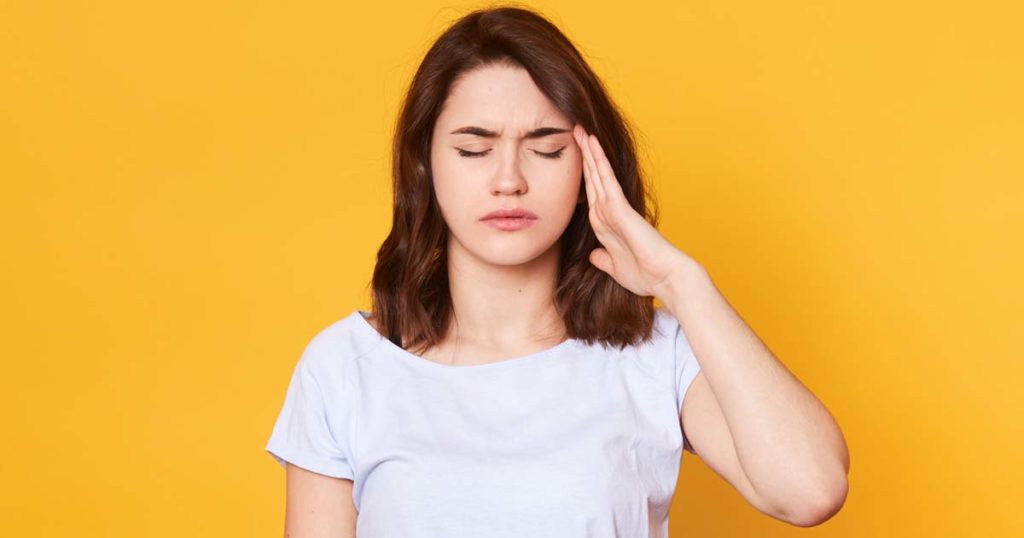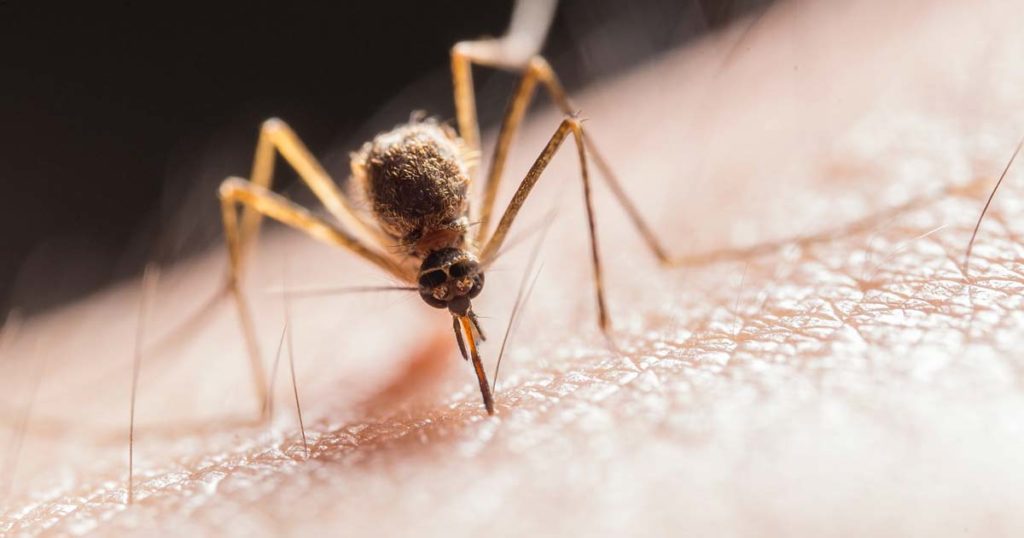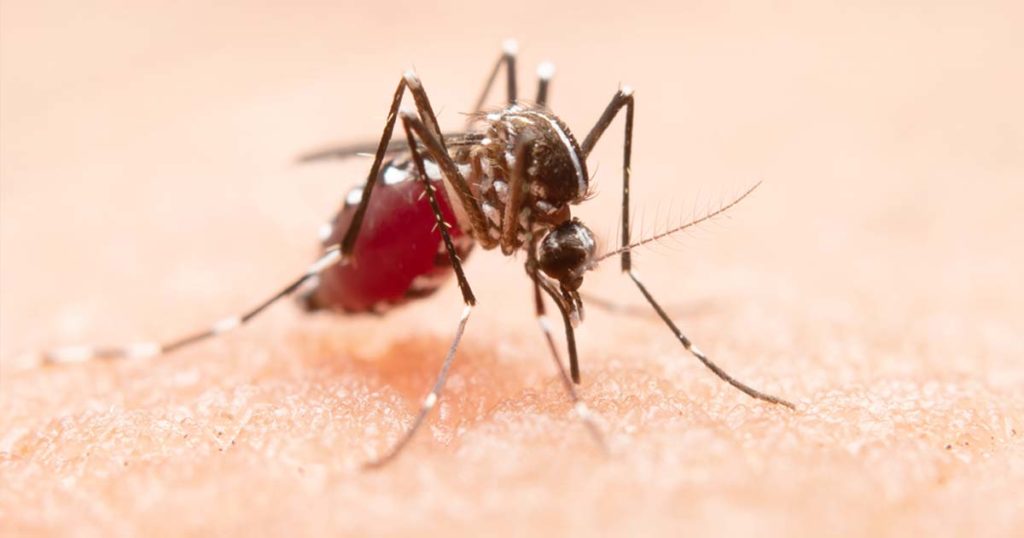Caffeine is a strong anti-oxidant, but it also raises your blood pressure and adrenaline levels. Coffee contains many other substances, including magnesium, quinides, trigonelline, and polyphenols, which can counterbalance some of caffeine’s harmful effects.
The preparation method is very important. Coffee contains cafestol and kahweol, both of which raise blood LDL (= bad cholesterol) levels. As they cannot get through paper filters, only boiled coffee, such as French cafetiere or Turkish coffee, affects cholesterol, while percolator and instant coffee do not. Italian espresso is also a boiled coffee, but the cup size is so small that you would have to drink more than 20 cups a day to raise your cholesterol levels.
The effects of the non-caffeine components
Cardiovascular disease and diabetes: Large studies have shown less cardiovascular disease in coffee drinkers, and researchers think that this is due to the anti-oxidant and anti-inflammatory effects of the non-caffeine components. This would explain why the same is seen with decaffeinated coffee. Regular consumption is good for the health of the inner layer of your vessels and reduces the oxidation of LDL cholesterol (=bad cholesterol), which is one of the main building blocks of atherosclerotic lesions.
Most studies could not show an effect on blood pressure, except for a rise immediately after drinking coffee in occasional drinkers and abstainers. Habitual drinkers, who have developed a tolerance to caffeine, do not show this rise anymore.
Some studies even showed that habitual heavy use (more than 4 cups a day) decreases the risk of developing hypertension later in life, especially in women.
Caffeine increases blood glucose concentration. This effect is less marked if you drink coffee than if you take a caffeine tablet, suggesting that some substances in coffee counteract this. In habitual drinkers, however, the rise in blood glucose is less pronounced, and they are less likely to get type 2 diabetes than abstainers. Studies show that people who drink more than 4 cups a day are 28% to 35% less likely to get type 2 diabetes than those who drink less than 2 cups a day.
The influence of caffeine
Fluid balance: It is a myth that coffee causes dehydration. Somebody not used to caffeine will see a marked increase in urine production after suddenly drinking a few cups, but recent studies have shown that chronic consumption does not influence your hydration, even if it is hot or during exercise.
Sports performance: Caffeine improves sports performances, especially during endurance exercises such as long-distance running or time trials, and it makes you more alert and vigilant. It is more powerful in tablet or powder form than if you drink it as coffee, which suggests that coffee’s other components counterbalance its effect.
The World Anti-Doping Agency does not consider caffeine as doping. The International Olympic Committee, however, has set an upper limit of 12microgram per milliliter in urine samples. The amount of caffeine in your urine depends on your metabolism, gender, and body weight, but most of us can drink up to six to eight cups of coffee before reaching the maximum allowed concentration.
Can you have too much?
If you take in too much caffeine you will become restless, agitated, nervous and flushed, or you can suffer from insomnia, digestive problems, and heart rhythm irregularities.
Caffeine is considered addictive because you can become tolerant to it and experience withdrawal symptoms if you stop taking it. They usually begin after 12 or 24 hours and include headaches, irritability, fatigue, muscle aches and difficulty concentrating. They usually peak after two days and can last for up to a week.
Further reading & references:
Disclaimer: This article is for information only, and is not to be used for diagnosis or treatment. If you have any concerns, you should talk to your GP.






